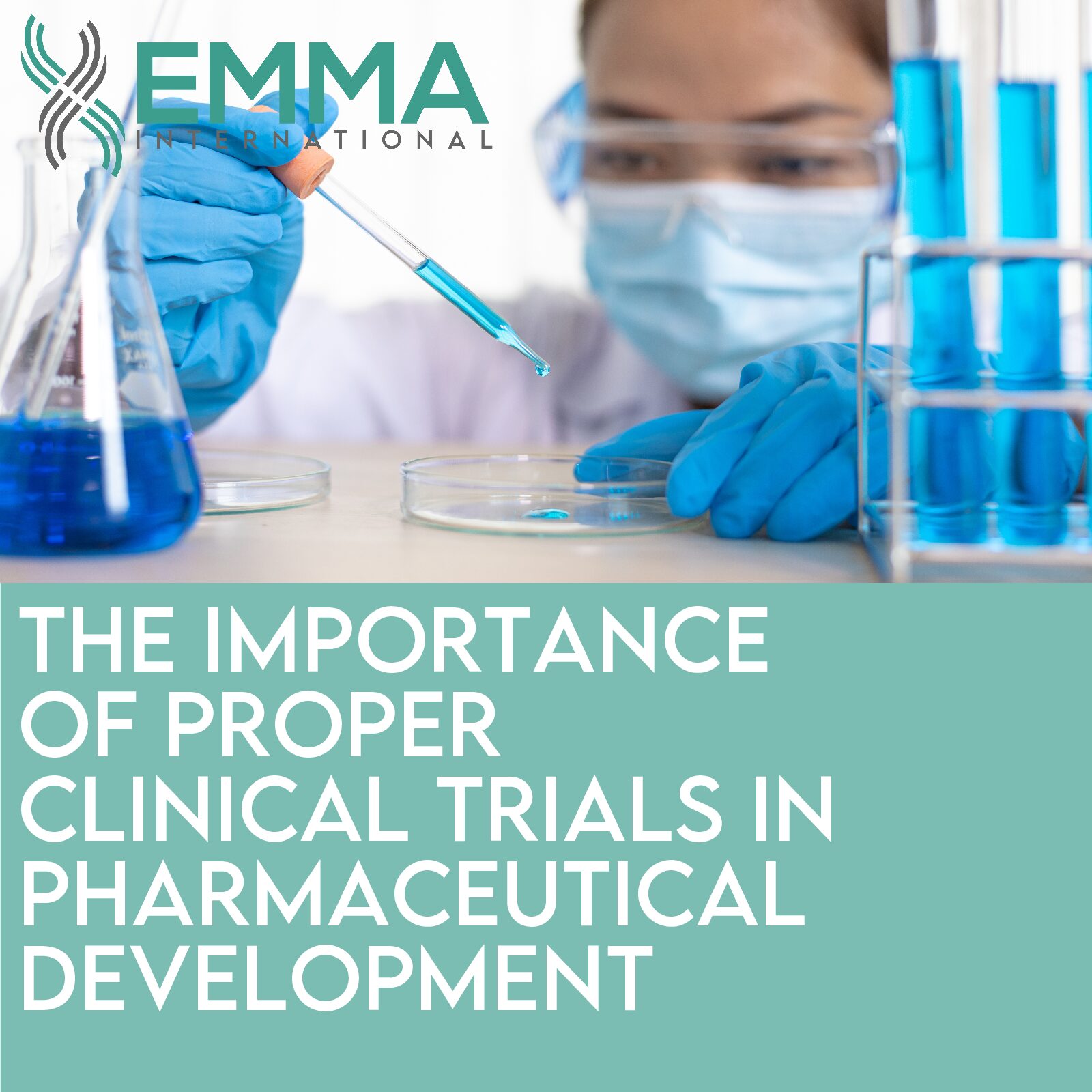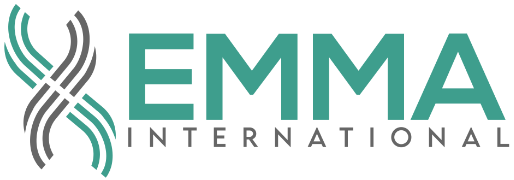Project Management, as it is classically defined, can be described as “…the use of specific knowledge, skills, tools, and techniques to deliver something of value to people”.[1] Although organizations across various sectors are familiar with Project Management, the discipline has a special meaning for the Life Science industry. Whether you are developing a new product, streamlining your Quality Management System (QMS), transitioning to EU MDR, or completing any other myriad of possible projects, you must ensure that you are incorporating quality and regulatory requirements.
Project Management tools in unison with regulatory requirements can be powerful in terms of making your organization “best in class”. There are several tools, such as DMAIC, that can be extremely beneficial to Life Science firms. DMAIC stands for Define, Measure, Analyze, Improve, and Control and is a widely used problem-solving tool for quality and process improvement projects.[2] DMAIC includes the use of tollgates (which can be compared to design reviews in the medical device industry) and other tools such as Project Charters. Project Charters are utilized to kick off a project, and typically include a description of the project/scope, the start and anticipated completion dates, an initial description of metrics that will be used to measure success, the potential benefits to the customer, milestones that should be accomplished during the project, team members/roles, and additional resource needs. In this sense, Project Charters can be compared to Design & Development Plans. As you move through the DMAIC process, you measure and evaluate the current state of the process/organization/etc., then you analyze the data from the “measure” step to begin understanding KPI’s and cause/effect relationships, then you improve the process/product by coming up with solutions from data collected. Finally, you control the project results to ensure long-term sustainability.
For medical devices, for example, a product improvement initiative stemming from FDA enforcement action or customer complaints could align very well with the DMAIC process. It is important to note, however, that project management tools are not always one size fits all and must be reviewed and optimized to ensure that they will be value-add. EMMA International’s approach to project management is based on a scientific-methodical approach, which includes prioritizing compliance, efficiency, and scalability. The said approach is rooted in EMMA International’s expertise in leveraging management science, engineering principles, and organizational cultures to address complex projects of all sizes. Give us a call at 248-987-4497 or email info@emmainternational.com to see how our team of experts can help ensure your project will be successful and have long-lasting sustainability.
[1] PMI (n.d.) What is Project Management retrieved on 01/16/2022 from: https://www.pmi.org/about/learn-about-pmi/what-is-project-management
[2] Montgomery, D. C. (2019). Introduction to Statistical Quality Control, Enhanced eText, 8th Edition. [[VitalSource Bookshelf version]]. Retrieved from vbk://9781119399308






